In Wharton, Safia Walks in The Footsteps of Giants
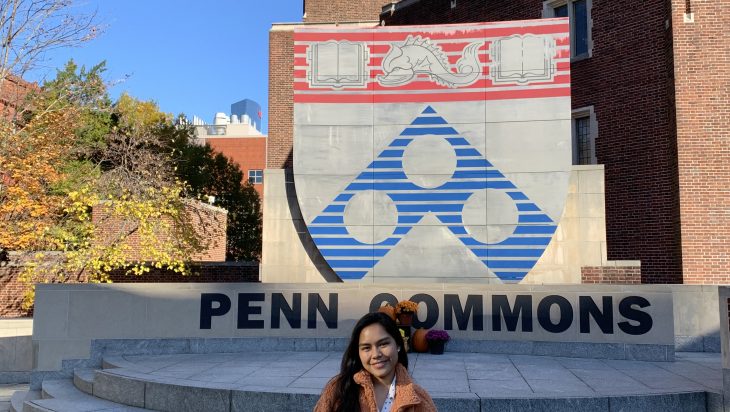
Stay updated with the latest intriguing stories for high achievers by following our Telegram channel here.
Wharton School of the University of Pennsylvania is known for producing the best business-minded people across the globe. Having alumni ranging from tech giants like Elon Musk to investors like Warren Buffett, Wharton is definitely the go-to university in the business world.
It’s far from easy to be offered a place in Wharton. With a staggering 9% acceptance rate to the University of Pennsylvania itself, Wharton has an even lower acceptance rate of just above 7%. Let’s take a dip into the waters of the life of a Wharton student with Wharton Junior, Safia Razin
Safia Razin at Wharton
How is the course structured in Wharton?
At Wharton, every student gets a B.S. in Economics. But, you would have to do your “concentrations” as well which is a lot more straightforward to complete than a major in the College for Arts and Sciences. It consists of ten Business Fundamentals, ranging from Accounts to Finance, and four additional upper-level classes for your concentration.
I’m doing Stats and Business Analytics, so I’m doing ten Business Fundamentals and four Stats and Business Analytics classes. At Penn, we also do classes outside of our own school. Even though I’m in the Business School, I sometimes take classes at the College of Arts and Sciences and Engineering School. For example, for my first year, I had to complete a writing seminar, a math course and Wharton 101, which is basically “How to be a Wharton student”.
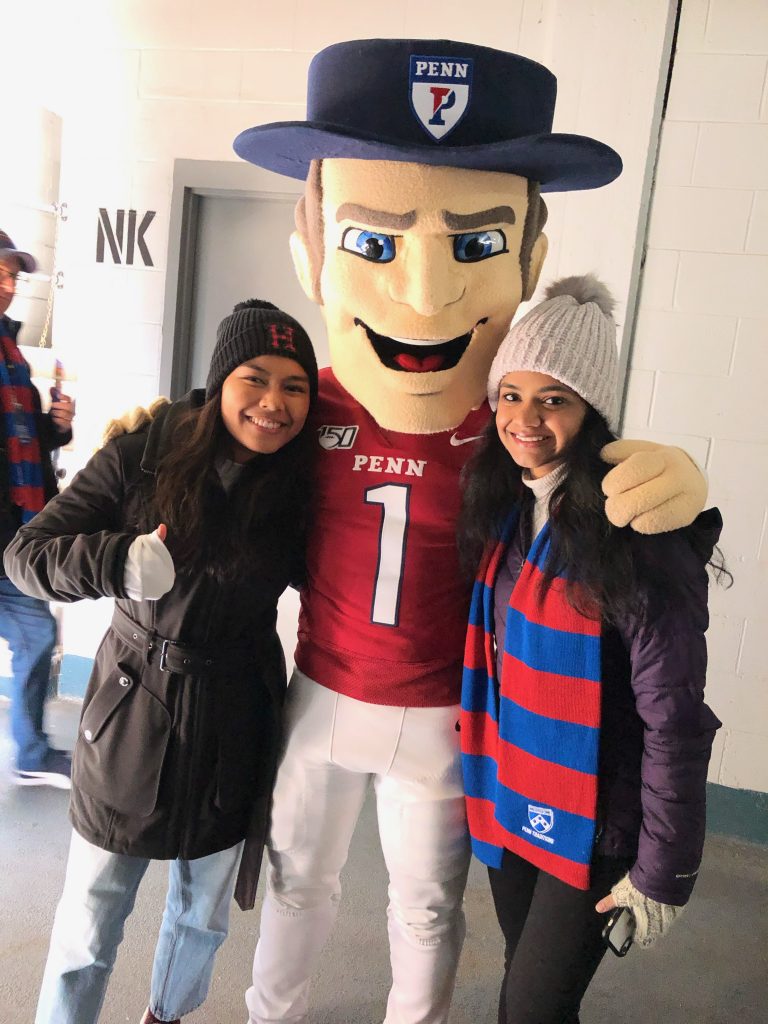
What’s your routine in Wharton?
Pre-covid, I would usually have classes in the morning and on the days where classes start late, I’d try to sneak in a workout in the morning. There’s always something to do in Wharton after classes. There would be open recruitments, club fairs, networking events, resume workshops, a lot of extracurriculars.
Post-Covid, a lot of the clubs tried to transition to online events. But online events didn’t really get as much traction as physical events. I did manage to rush for a business frat online as I felt a bit out of touch with the social scene. Online classes in Wharton are a bit different. Everyone’s fighting for the raise hand function. Everyone’s asking questions. Everyone’s cameras are on. There are extra points for participation here so you would see all your classmates trying to grab those points. The professors definitely put in a lot of work to make classes engaging online.
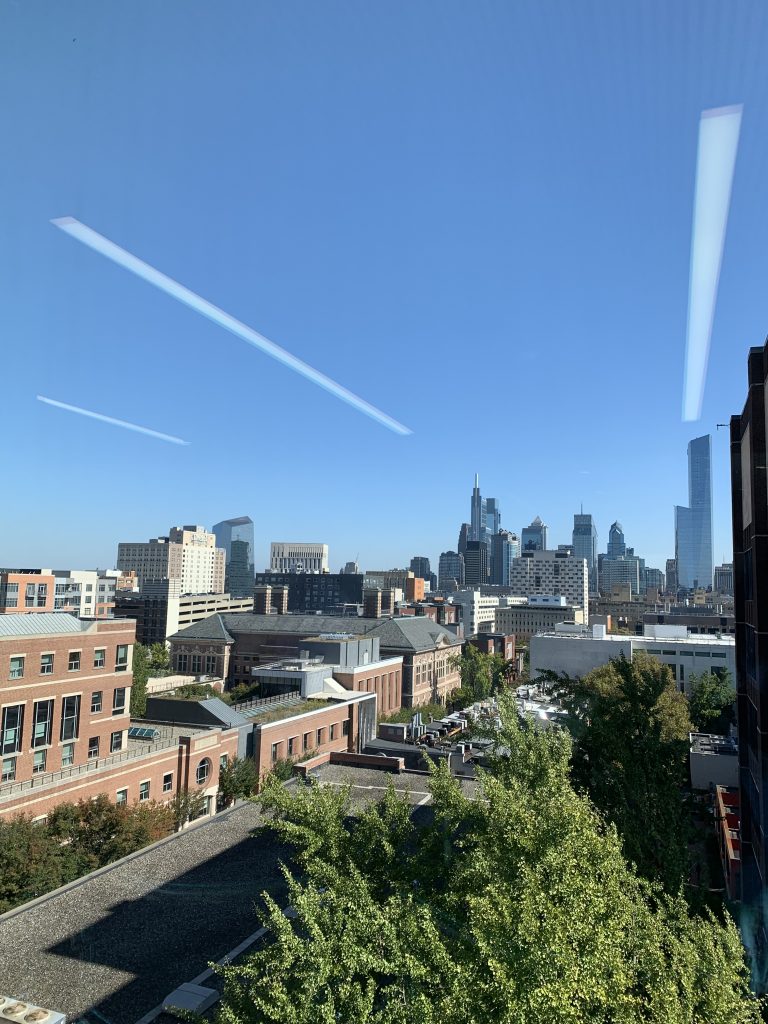
You mentioned joining a business frat, could you explain a bit more?
Essentially, it’s a social club. But, they work on your personal and professional development. My business frat focuses on the wellness aspect of it, so they really care about a work-life balance. The frats aren’t really limited to business students only. There are a few engineering students in my frat. The frat helps you grow as a person by aligning your goal with the frat’s goal. It’s a big opportunity to network, really. With chapters in different universities and a long history of alumni, networking is really the main benefit of joining a business frat.
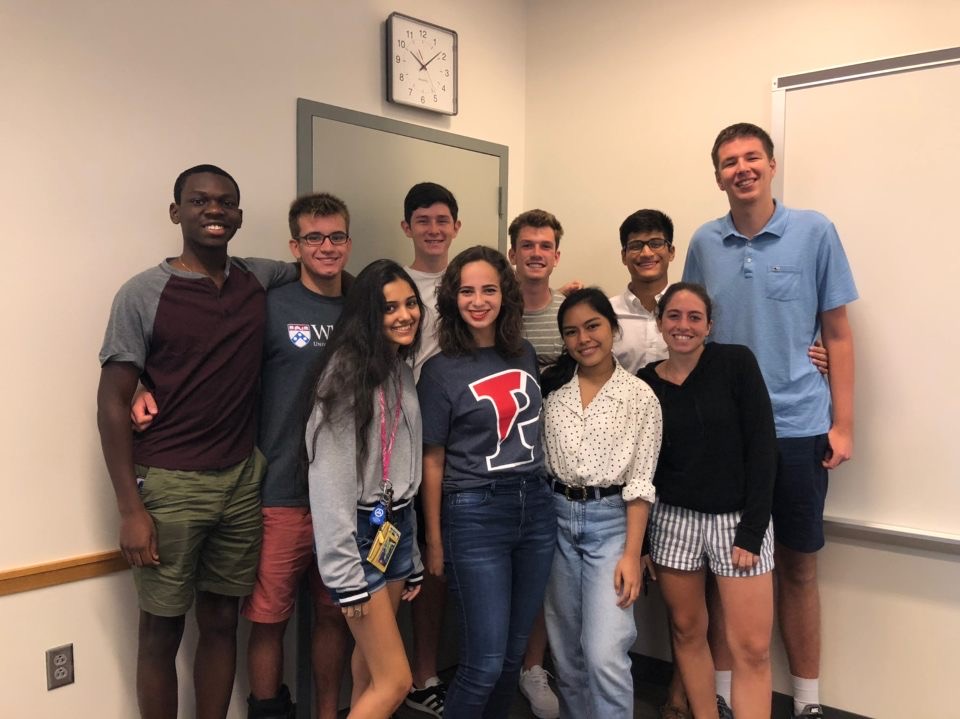
Wharton is known for being “pre-professional”. Could you elaborate on that?
The pre-professional setting in Wharton is a double-edged sword. The good side is that once you graduate you’ll most likely have a job. Penn has a 94% employment rate post-graduation, so you do get a job after paying so much money to go to the school. You come out prepared about the job market with all the resources from upperclassman.
But, the negative side of it is that a lot of students feel an immense amount of pressure to always be on the grind. It really takes away from the learning opportunities of being in college. It takes away from the failing and learning aspect of college life. There’s this unspoken pressure that everyone feels. Sometimes, I wish that this college wasn’t as pre-professional as it is.
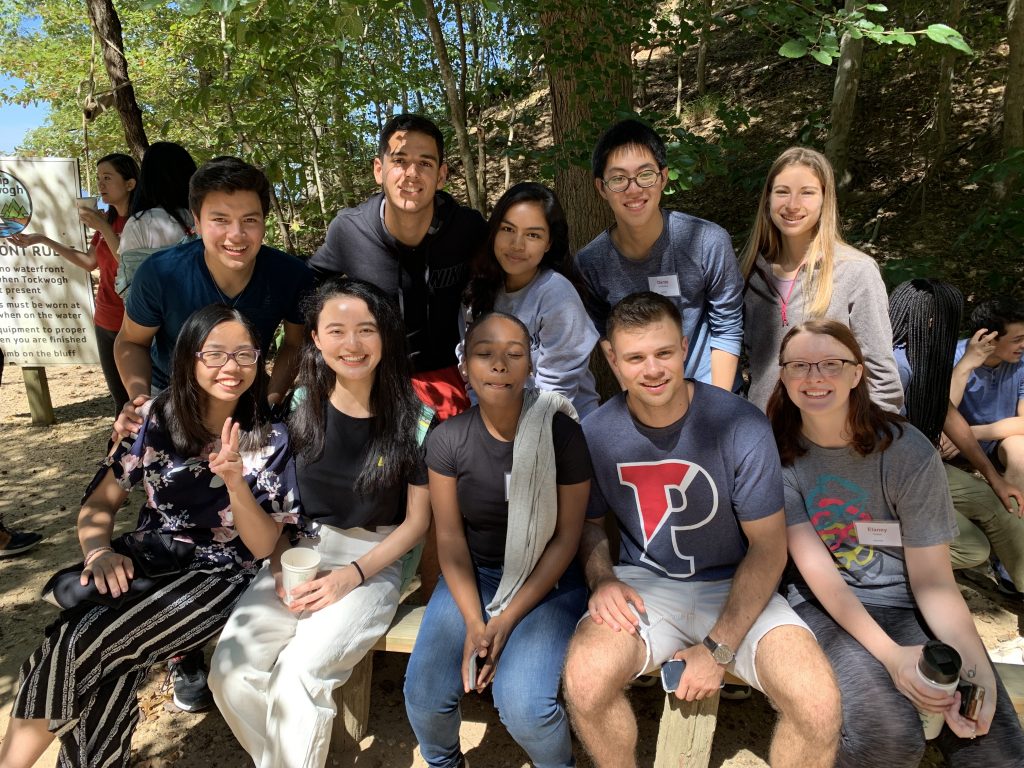
What is Wharton’s “Wow Factor”?
Its name. It has the best undergraduate business programme. The name itself carries so much weight when it comes to sending in your resumes and in interviews. Wharton is such a big group of great minds. I’ve met with so many Wharton kids who have started their own NGOs and developed their own apps; they really put into practice what they learn here. We also have really well-known professors. There’s Adam Grant, a statistics and market modelling professor. He used to go around the world to give talks and seminars. Just being in the same room with such great minds.

Did you ever feel insecure surrounded by so many great minds?
Impostor Syndrome is definitely something a lot of students struggle with at Wharton. Even though they get accepted, they feel that they aren’t meant to be there – that’s how I felt most of my first year. But, once you have conversations, you realise that a lot of people feel the same way. People always think that their journey at Wharton is fixed: do finance, go into investment banking. That isn’t always the case. I’ve met people who aren’t doing that and are successful in their own field.
How has Wharton shaped you to be the person you are?
Wharton has helped me build a thick skin in the sense that I’m not afraid of rejection anymore. I don’t think twice when I’m chasing an opportunity anymore. One pushback won’t entirely derail your future. My experience of this was during my first year. I was applying to a lot of clubs and only got two interviews. And in the end, I got rejected from those as well. So I joined the rugby team instead and a volunteering organisation. There’s always something else when rejection comes.
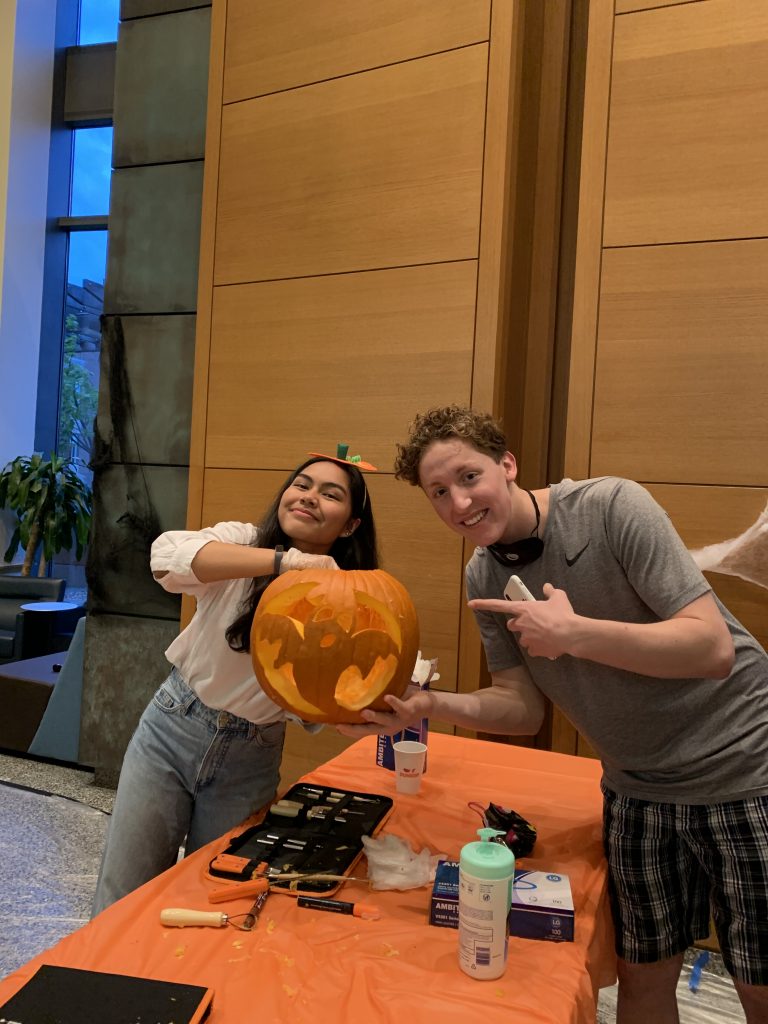
What’s your best experience in Wharton so far?
My last day of freshmen fall. We had a Wharton Winter Wonderland. It was a fair with booths, food and merch. That night, there was a Winter Ball organised by the International Student Organisation. It was my first time experiencing a dance since we don’t really have those in Malaysia – it was pretty special. I ended the night with my friends, just goofing around in the dorm gym.
What’s life after Wharton?
My life after Wharton is pretty set. I’ll be coming back to Malaysia to be working with Petronas for 5 years to pay off my bond. Even though there are so many opportunities here, I feel that it’s my duty to pay back what’s given to me. That’s one of the reasons I’m not really too worried about.

What advice do you have for aspiring Wharton students?
Do your research on the school. A lot of Wharton students and Alumni are really open to talking to aspiring applicants. If you feel that Wharton can help you achieve what you want to achieve, just apply. Because sometimes, you’ll never know what you’ll get.




